Cornrows Aren’t For Everyone
The appropriation of black culture is a smaller part of the large-scale issue that is racial marginalization.
September 20, 2018
When I was in eighth grade, I wore cornrows for the first time to school. My godsister did them on Friday, and I spent the weekend at drill team practice, surrounded by dozens of black girls, most with hair similar to mine, braided tight against their heads in intricate patterns and styles.
I paid no mind to my hairstyle and was not prepared for the week to come once I walked into school. I was the only black girl in the grade, and my hairstyles were often met with curiosity, and at times mockery. However, the derision I faced upon showing up in “straight-backs” (where the braids, as the name implies, go straight from the front to the back of your head), was something strange and terrible.
The first day, it was questions, and someone at any given time staring in bewilderment at my scalp. By the second day, the nickname “Travis” was born, after the rapper Travis Scott. His hairstyle was completely different than mine, but we’re both black, and we both wore braids, and the comparison stuck. From winter until graduation, “Travis” was my name.
A few weeks later, another boy in my grade returned from vacation with cornrows in his head and was met with compliments and fist-bumps. At the time, this bewildered me, as I did not understand that racism didn’t have to be violent. I had never heard the term “cultural appropriation”, and I doubt many of my classmates had either. After I wore those braids, however, the term seemed to appear all around me.
The older I get, the more I see the beauty and the impact of black culture on the world around it. Our fashion, lingual nuances, and music are prevalent around the world. My purpose is not to discourage cultural diffusion, which can be a beautiful and powerful thing. However, people seem to often confuse appreciation and appropriation. Cornrows are a symbol of my blackness. It is a display of my culture that I can wear and feel beautiful in. When people throw cornrows in “just for fun”, it belittles its cultural significance, and the struggle black women continually go through just for their own hair.
Even in 2018, black girls across the country are being suspended from school for wearing the same styles that non-black people can just wear for amusement. Last month, in Terrytown, Louisiana, a little black girl named Faith was sent home crying, after for wearing a braided hairstyle, and the humiliation I saw on her face resonated with the Faith in eighth grade, who went to the bathroom to cry after hearing the boys in gym class conspiring to “get Travis in the face” with a dodgeball. Black girls’ education around the world is being inhibited for wearing hairstyles that protect and manage our hair. We are inundated with articles praising Kim Kardashian for single-handedly creating the “Boxer-Braids” trend while being insulted and marginalized for wearing those same hairstyles our people created.
Over my time at STA, I’ve seen many girls throw a few cornrows in their hair for games or Halloween costumes. When I have the energy to question why they felt the desire to do so, I mostly receive non-committal mumbles of “I don’t know”, or “It’s just fun”. One time, however, when I asked a girl why her team chose to wear them for games, I was told “It looks more intimidating”. And that’s the problem.
The correlation between blackness and fear or negativity is one long-rooted in this country’s history. While hair is not as terrifying as police brutality, or the broken justice system, it is still a result of a past of racial strife America has still not fully reckoned with. If you wear cornrows because you think you’re going to scare your opponents more, subconsciously you are associating my blackness with fear.
When you dress up as inmates and wear the same straight-backs that caused people to harass me, you are associating my blackness with an oppressive, notoriously racist prison system. And I truly don’t think most people do this with deliberate intent to be insensitive. I think it stems from not thinking about it at all. And in America, as it is today, that isn’t an option. In a world where racism doesn’t exist, everyone could take part in every aspect of each other’s cultures without repercussions.



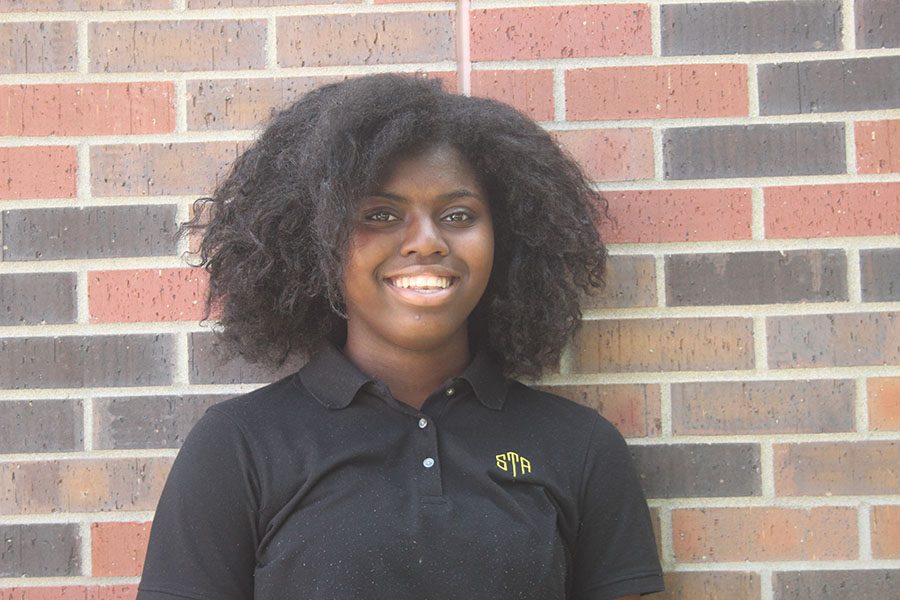
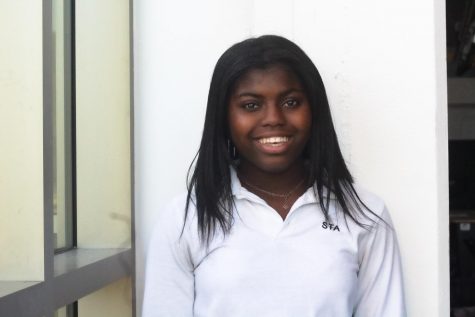

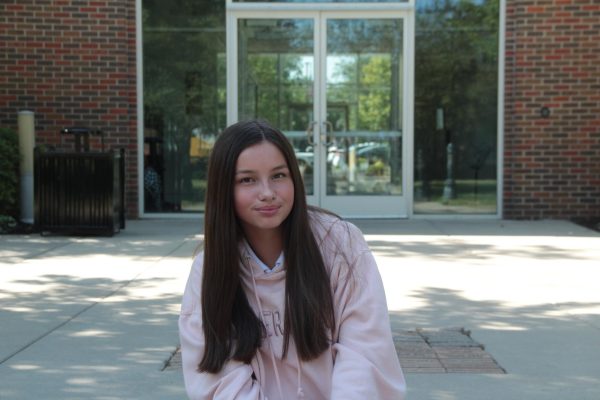

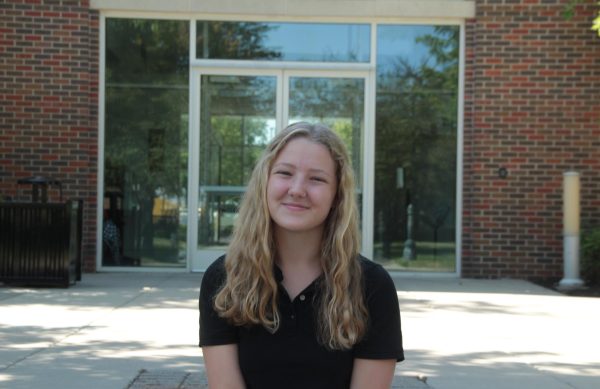
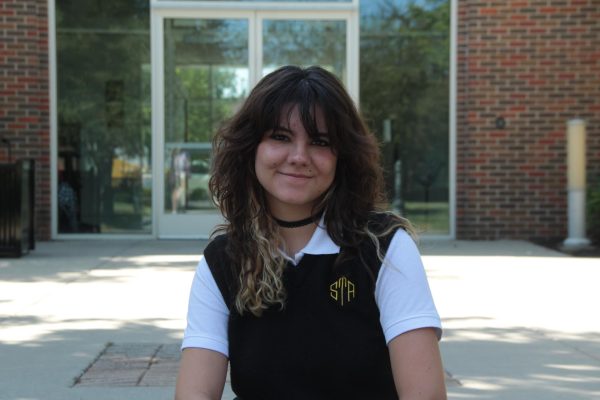

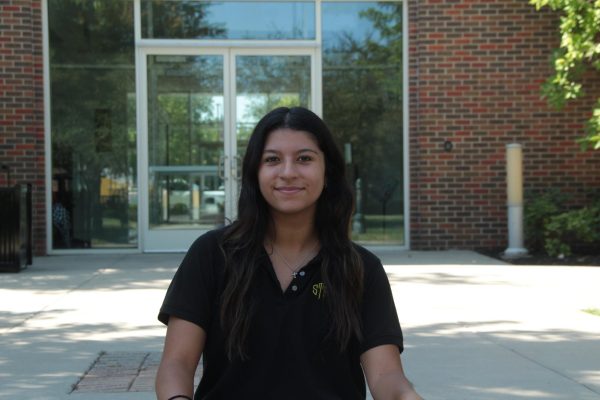

Torie Richardson • Mar 29, 2019 at 7:08 pm
This is so well-written!! I am so disappointed, though, that I wrote an article similar to this years ago and black girls at STA have to experience the same thing! How long do we have to speak up about this until people listen and change their behavior?
Margaux Renee • Sep 24, 2018 at 2:12 pm
You have no idea how much you inspire me each and every day and that’s facts.